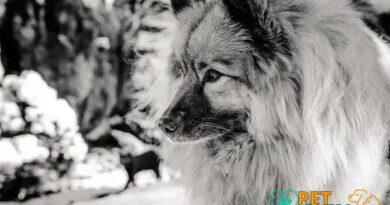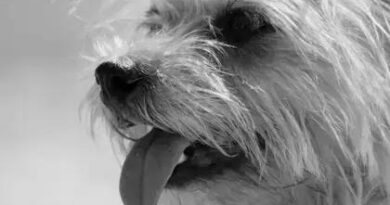O que é Manobras de adestramento
What Are Training Maneuvers?
Training maneuvers refer to specific techniques and actions used to teach dogs various commands and behaviors. These maneuvers can range from simple commands like “sit” and “stay” to more complex tasks such as agility training and obedience trials. The goal of these maneuvers is to establish clear communication between the dog and the handler, ensuring that the dog understands what is expected of them in different situations.
The Importance of Training Maneuvers
Understanding what training maneuvers are is crucial for any dog owner. These techniques not only help in teaching commands but also play a significant role in building a strong bond between the dog and its owner. Effective training maneuvers can lead to improved behavior, increased safety, and a more enjoyable experience for both the dog and the handler. Moreover, they can prevent behavioral issues that may arise from a lack of training.
Types of Training Maneuvers
There are various types of training maneuvers that can be employed depending on the desired outcome. Basic obedience training includes commands like “come,” “heel,” and “down.” Advanced maneuvers may involve tricks, agility courses, or even specialized training for service dogs. Each type of maneuver serves a specific purpose and can be tailored to meet the individual needs of the dog and owner.
How to Execute Training Maneuvers
Executing training maneuvers effectively requires patience, consistency, and positive reinforcement. It is essential to use clear commands and hand signals to communicate with the dog. Additionally, rewarding the dog with treats, praise, or playtime can reinforce the desired behavior. Practicing these maneuvers in a distraction-free environment initially can help the dog focus and learn more efficiently.
Common Challenges in Training Maneuvers
While training maneuvers can be highly effective, they are not without challenges. Dogs may become distracted, lose interest, or exhibit stubborn behavior. Understanding these challenges is vital for overcoming them. Adjusting the training environment, breaking down commands into smaller steps, and maintaining a positive attitude can help address these issues and keep the training process enjoyable.
The Role of Socialization in Training Maneuvers
Socialization plays a critical role in the effectiveness of training maneuvers. Exposing dogs to different environments, people, and other animals can enhance their adaptability and responsiveness to commands. Proper socialization helps dogs feel more comfortable and confident, making them more receptive to training maneuvers. It is essential to incorporate socialization into the training routine to achieve the best results.
Using Training Maneuvers for Behavioral Issues
Training maneuvers can also be instrumental in addressing behavioral issues such as aggression, anxiety, or excessive barking. By implementing specific techniques tailored to the dog’s behavior, owners can help their pets learn more appropriate responses to various stimuli. Consistent application of these maneuvers can lead to significant improvements in the dog’s overall behavior and well-being.
Incorporating Play into Training Maneuvers
Incorporating play into training maneuvers can make the learning process more enjoyable for dogs. Using toys and games as rewards can motivate dogs to engage in training sessions actively. This approach not only reinforces the desired behaviors but also strengthens the bond between the dog and the owner. Playful training sessions can lead to better retention of commands and a more enthusiastic learner.
Professional Help with Training Maneuvers
For those who may struggle with training maneuvers, seeking professional help can be beneficial. Professional dog trainers can provide guidance, support, and tailored training plans to address specific needs. They can also offer insights into effective techniques and strategies that may not be apparent to novice trainers. Investing in professional training can lead to more effective and efficient learning for both the dog and the owner.
Conclusion
In summary, understanding what training maneuvers are and how to implement them effectively is essential for any dog owner. These techniques not only facilitate communication and obedience but also enhance the overall relationship between the dog and its handler. By utilizing various training maneuvers, owners can ensure their dogs are well-behaved, happy, and healthy companions.




